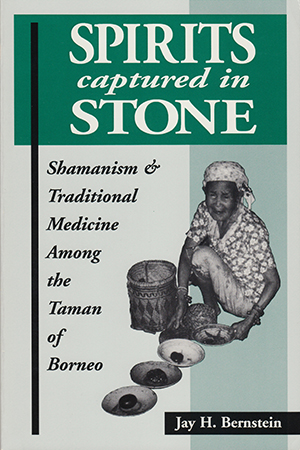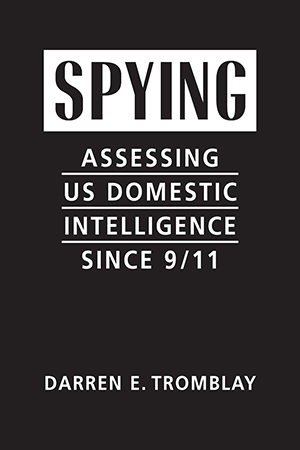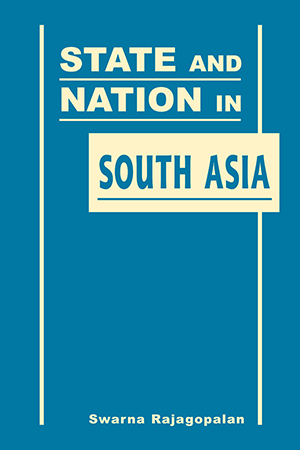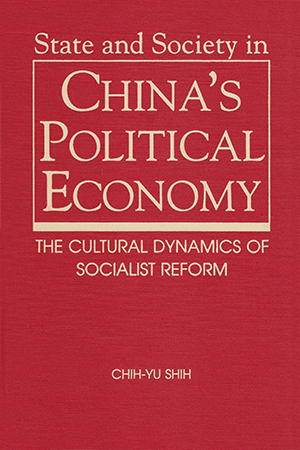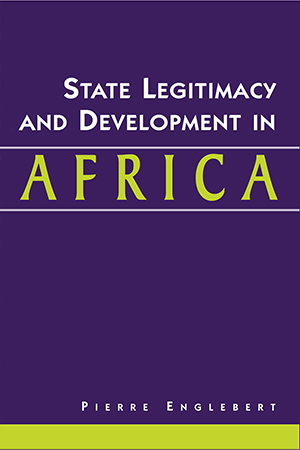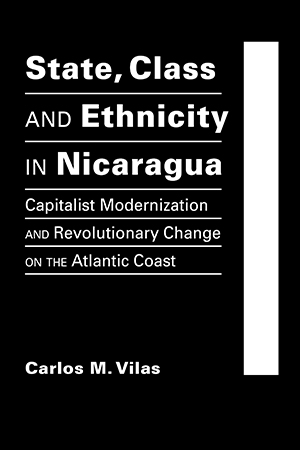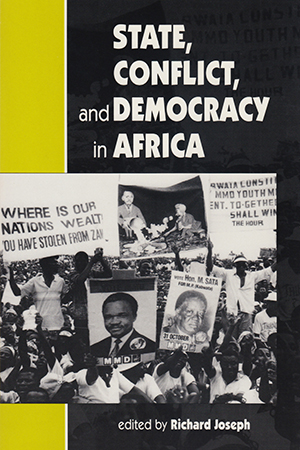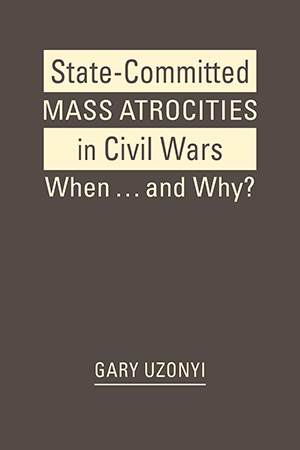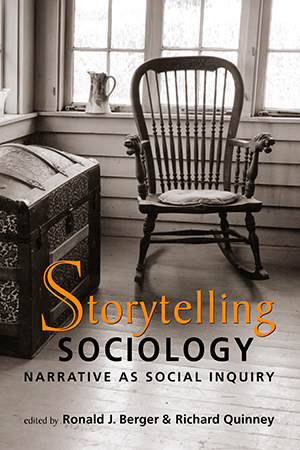BOOKS
This fascinating case study focuses on shamanism and the healing practices of the Taman, a formerly tribal society indigenous to the interior of Borneo. The Taman typically associate illness More >
In contrast with traditional scholarship, which has seen a more or less uniform middle-class response to the political and economic crises of the age of fascism, this comparative study of More >
Initiated in the aftermath of the September 11 terrorist attacks, have the reforms of the US intelligence enterprise served their purpose? What have been the results of the creation of the More >
What makes a national community out of a state? Addressing this fundamental question, Rajagopalan studies national integration from the perspective of three South Asian More >
As China's reforms take root, the differences between the traditional value of harmony and the socialist norm of class struggle are becoming increasingly obscured. Chinese citizens are, More >
Now Available in Paperback! Although it typically is taken for granted that African economies perform poorly, it is less well known that there are a small but significant number of success More >
Shortly after the Sandinista victory of July 1979, the Atlantic Coast of Nicaragua gained enormous international notoriety because of violent conflicts between the new government and the More >
This seminal volume explores the most important dimensions of state formation and erosion, social conflict, and the gains and setbacks in democratization in contemporary Africa. The results More >
What causes governments to commit mass atrocities—including genocide—during times of civil war? Gary Uzonyi tackles this discomforting question, focusing on uncertainty as a key More >
This exciting new book is about the narrative turn in sociology, an approach that views lived experience as constructed, at least in part, by the stories that people tell about it. The book More >



